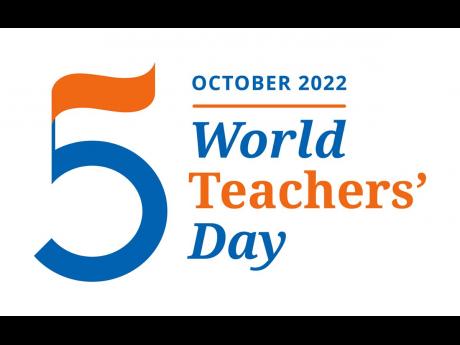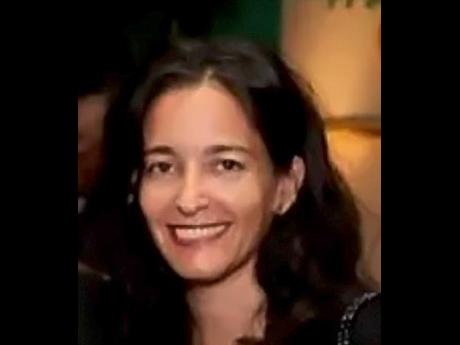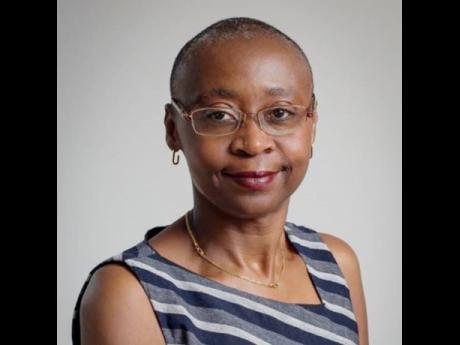Nicole Bella and Rebecca Tortello | Teachers are at the heart of education transformation
There is no doubt that teachers are at the heart of any education system. They drive and implement change. They support and encourage. They champion growth and development. Never has there been so great an appreciation for the importance of their contributions, which have expanded in these times of increasing digitalisation of learning spaces.
In recent years, many teachers have had to reinvent their roles to respond to changing and emerging demands. Thanks to their hard work and commitment, while the learning changed, for many children it did not stop.
This capacity to adapt and cope in times of crisis is a clear indication of the power teachers hold to effect sectorwide transformation. This is a key message that emerged during the recently held United Nations Transforming Education Summit (TES). Transforming education will depend on the availability of professionally qualified, well-trained, supported, adequately recruited and remunerated, motivated teachers facilitating learning in well-resourced, effectively managed and accountable education systems.
Teachers deserve continuous opportunities to “develop their leadership, autonomy, and innovation”, not only to recover from the COVID-19 crisis, but also to accelerate progress towards the Education – 2030 Agenda, and to do more to bring about not only reform but, importantly, transformation of education at all levels – classroom, school, ministry – for the good of all.
Against this background, Caribbean education systems must be ready to support teachers professionally to continue to develop their skills and fully deploy their talent for transformation. Teachers themselves must remain proactive and ready to leverage their knowledge and expertise and always strive to be reflective in their practice.
The good news is that many teachers are already working together with their peers, parents and administrators, sharing experiences and building communities of practice to arrive at solutions to keep improving their students’ growth and development. Supporting teachers to recover learning using, for example, the global RAPID Framework: Reaching all children; Assessing learning; Prioritizing the fundamentals (literacy and numeracy), increasing the efficiency of instruction, and developing psychosocial health and well-being, is imperative. The time to act is now.
Just a few months ago, more than 900 teachers gathered to discuss their aspirations and needs as a part of the preparation of the national report for the Education Transformation Summit (TES), which provides an invaluable perspective. Teachers from early childhood, primary and secondary schools, as well as schools that are working with children with disabilities in urban and rural areas, reflected on the findings of the previous reports and willingly shared their thoughts on the future for education in Jamaica to 2030 and beyond. They expressed their interest in more sustained professional development opportunities, particularly as we navigate the COVID-influenced landscape, and, like their students, emphasised psychosocial support and overall wellness – mental, physical and emotional – as well as digital skills building. They also asked for greater value to be placed on critical and creative thinking and more equitable distribution of resources.
Importantly, the teachers called for a national campaign to encourage support for education as well as partnerships to secure requisite funding. Reassuringly, 73.1 per cent of respondents indicated that they are hopeful of their future in teaching, and 67.4 per cent of respondents felt supported at their school. Yet, unsurprisingly, close to 79 per cent of respondents indicated that the impact of COVID-19 on the educational outcomes of their schools was significant, and close to 70 per cent felt resources were not fairly and evenly distributed in their schools.
Recommendations
Their recommendations included their desire to participate more regularly in decision-making and for resources that would better equip them to work with all children, especially those with disabilities. They suggested prioritising the following needs, all of which were included in the Government’s commitment statement shared at the high-level TES summit:
• Address issues at the lower levels of education so that students are better able to transition from early childhood to primary school and to high school.
• Revamp the curriculum and exam structures to cater to students of varying abilities.
• Increase resources in schools, especially in rural and farming communities.
• Fully remove corporal punishment in schools, to improve the mental health and safety of schools.
• Urgently address the social ills such as crime and violence that are permeating the society, as this is contributing to children’s poor emotional states, resulting in increasing incidents of aggression and violence in schools.
• Emphasise psychosocial support for teachers and students through initiatives such as the UNICEF-supported Return to Happiness approach currently offered by the Jamaica Teaching Council.
• Build the capacity of parents and sensitise them to their role in their children’s education, to ensure increased parental involvement.
• Greater and more equitable access to Wi-Fi and the Internet in communities across Jamaica and increased access to digital skills building such as through the UNESCO/UNICEF/Caribbean Centre for Educational Planning (CCEP), which saw more than 7,000 teachers trained on the blackboard blended instructional platform.
If we are to be effective in re-imagining the education system and realising effective transformation, the voices of both students and teachers need to be taken into account.
We cannot thank our teachers enough for the significant contributions they make to nation building every day.
We urge the Government to seriously consider their realistic and thoughtful recommendations as we work together to build a stronger, more resilient, more caring, more student-centred education system.
Dr Rebecca Tortello is UNICEF Jamaica’s education specialist. She has authored a number of books and lectured at the University of the West Indies, in the Department of Education, for over 15 years. She also served as a senior advisor to the minister of education from 2007 to 2011. Follow UNICEF Jamaica on Twitter @UNICEFJamaica
Nicole Bella is the senior education specialist at the UNESCO Office for the Caribbean. She is originally from Yaoundé, Cameroon, and has French nationality. She worked for 20 years with the EFA Global Monitoring Report, where she was one of its founding members in 2002. Follow UNESCO Caribbean on Twitter @CaribbeanUNESCO. Please send feedback to columns@gleanerjm.com.



